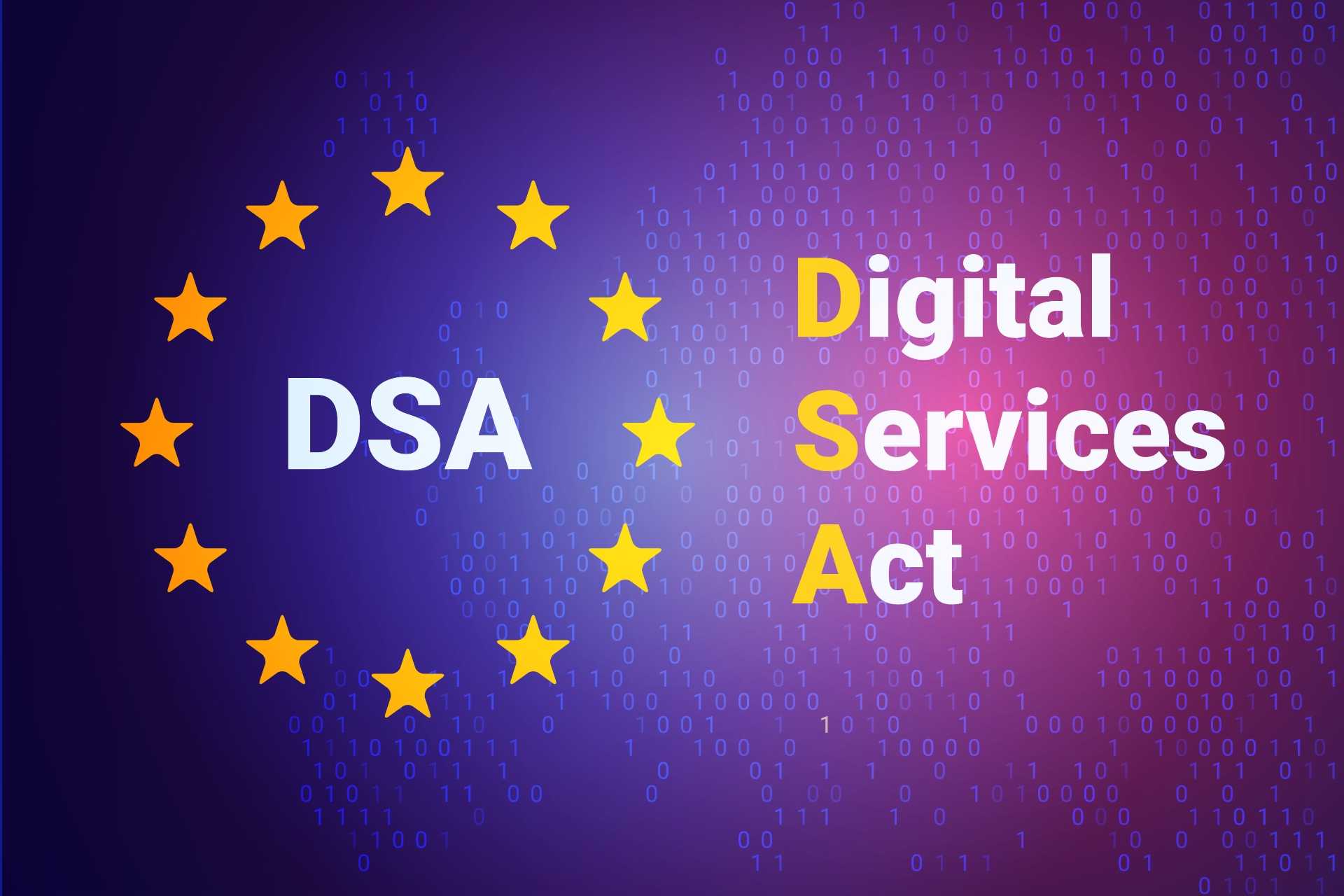The European Commission welcomes the final agreement reached by the European Parliament and the Council of the EU on the Regulation introducing European Digital Identity Wallets. This marks an important step towards the digitization of Europe, accordingly with EU Digital Decade’s goals expected to be achieved by 2030 to enable all citizens, residents and businesses to get trustworthy and secure access to public and private cross-border online services all over Europe.
EUDI Wallet: the path that led to the final agreement
“I am pleased to see these highly technical negotiations have come to fruition, turning our proposal into legislation. The EU Digital Identity Wallet will usher in a new era of the Digital Decade, as a convenient and safe way to manage personal digital documents and access public and private online services daily. Europeans will have control over their personal data and will be able to easily share it, if they want to, from an app on their phone” (Source: EU Commission’s website – Vice-President Věra Jourová, November 2023).
The final agreement on the European Digital Identity Wallets reached by the EU institutional bodies finally concludes the legislators’ work on the delicate field of digitization and innovation, implementing the outcomes of the provisional political agreement of June 2023 on a legal framework for the development of the EU Digital Identity, the first trusted and secure digital identity framework for all Europeans.
This deal also marks a very important step towards the Digital Decade 2030 targets on the digitalization of European administration and business operations, giving citizens, residents and companies the possibility to access public and private online services all over Europe, in full security and with guaranteed high protection of personal data. All of this is possible with the European Digital Identity Wallet.
The path that led to the final agreement on EUDI began in June 2021, when the Commission proposed a new framework for a European digital identity system enabling all potential users, from all over Europe, to simplify the experience concerning access to online public and private services. The new cross-border legal framework for trusted digital identities, built on the previous eIDAS Regulation of 2014, aims to extend the benefits of digital IDs wallets and authentications through an empowered technical architecture, specifically made for mobile use. Indeed, the EU Digital Identity Wallet will be a mobile app that will provide Europeans all that’s needed to manage their online actions, use of services and control on personal data.
Are European Digital Identity Wallets the levers for Europe digitization?
“Today’s agreement is a major step towards the EU’s 2030 goal of giving all European citizens the possibility to use a secure and privacy-preserving digital identity. The EU Digital Identity Wallet will give citizens control over their data and enhance security when they engage with online services. It will strengthen Europe’s technological sovereignty and help us address today’s and tomorrow’s challenges in digitalisation” (Source: EU Commission’s website – Internal Market Commissioner Thierry Breton, November 2023).
With this final agreement on European Digital Identity Wallets it seems that a new era of digitization for Europe begins, implementing very interesting game-changing factors in the whole digital transformation landscape involving multiple players, such as public organizations, businesses and citizens.
First of all, online authentications: in addition to public services and administrations, also Very Large Online Platforms designated under the Digital Services Act and private services legally required to authenticate users must accept the EU Digital Identity Wallet as a valid method for verifying users identity and logging in. The EUDI’s features and specifications will make it attractive for all private service providers to accept the Wallet for their services, thus creating new potential and exciting business innovation opportunities.
The European Digital Identity Wallet will enable users to open bank accounts, make payments and hold digital documents, such as a driving license, a medical prescription, a professional certificate or a travel ticket, with a user-friendly and practical online identification system that can be comfortably managed through a mobile app. In addition, the Wallet fully respects the user’s choice whether or not to share personal data, guaranteeing the highest level of security. It also contains a dashboard of all transactions accessible to its holder, with the possibility to report alleged violations of data protection and interact between different wallets. Moreover, EUDI users will be able to onboard the Wallet with existing national eID schemes and even benefit from free eSignatures for non-professional use.
Considering all these potential benefits, are European Digital Identity Wallets the real and right levers for Europe digitization? As a matter of fact, a shared digital identity system throughout a large and diversified territory like Europe serves as a catalyst for common growth and digitization, providing secure and efficient means of verifying individual or organizational identities in the digital landscape. It streamlines processes, enhances user experiences, fosters digital trust especially in online transactions, enables seamless access to services, facilitates interactions, and promotes interoperability across digital platforms. Additionally, a solid digital identity framework contributes to develop a strong digital economy, thus promoting innovation, increasing productivity, and expanding opportunities for businesses and individuals alike.
European Digital Identity Wallets: next steps after the final agreement
Now that the final agreement has been reached by the co-legislators for the complete future development and release of EUDI Wallets, it’s only a question of formal approvals by the main European bodies. Once formally adopted, the European Digital Identity framework regarding the Wallet will enter into force on the 20th day following its publication in the Official Journal.
Next important steps concern the introduction of Implementing Acts to regulate the technical specifications for the EU Digital Identity Wallet and the certification. These Acts will draw on the specifications developed as part of the EU Digital Identity Toolbox and also the ongoing 4 EUDI Testing Pilot Projects, setting harmonized conditions for implementing the Wallets all across Europe. Implementing Acts will have to be adopted 6 and 12 months after the introduction of the Regulation, and Member States are committed to provide EU Digital Identity Wallets to citizens 24 months after the implementation.








